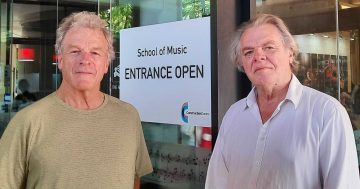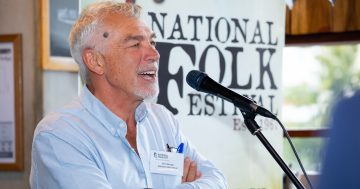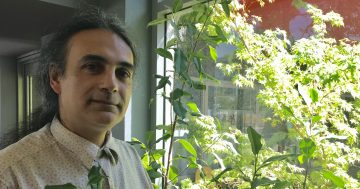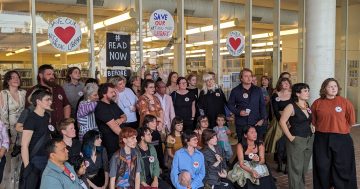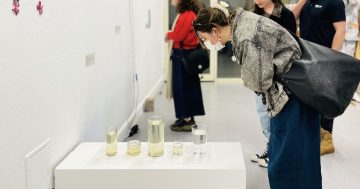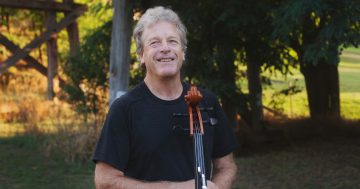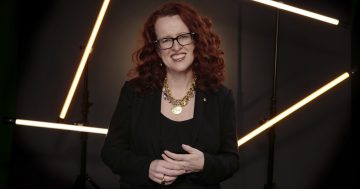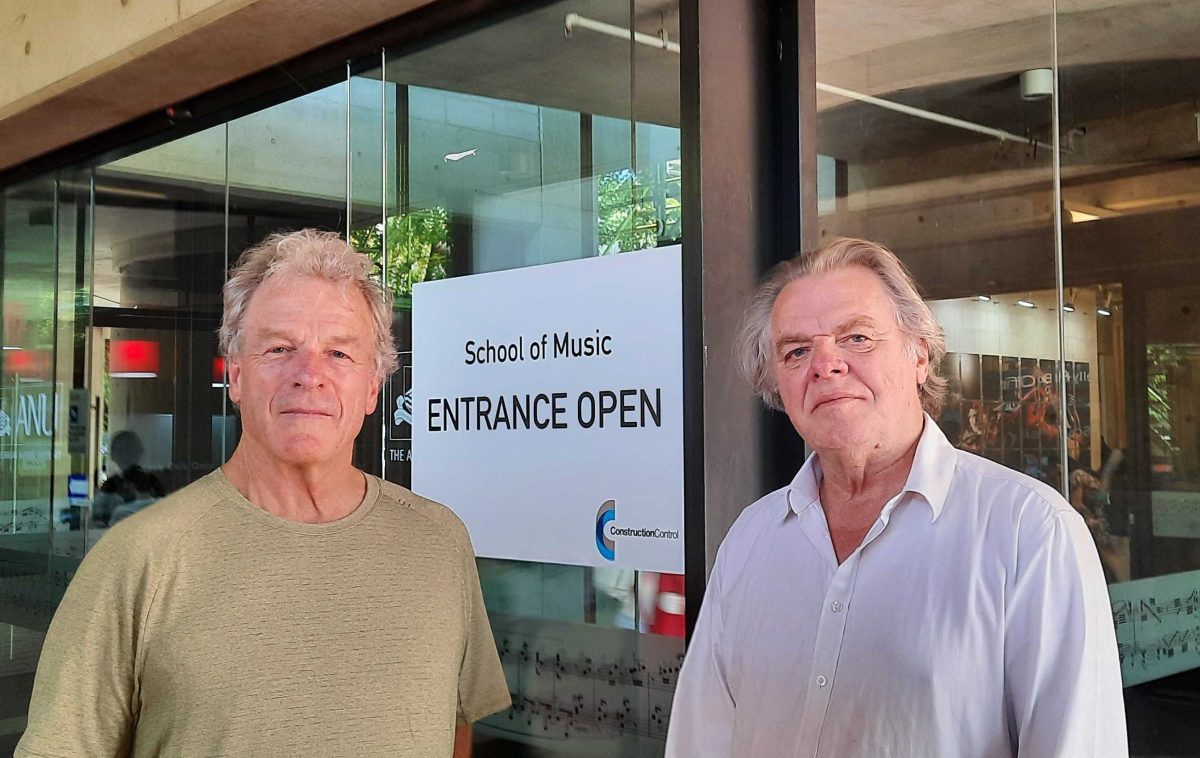
The sacking of ANU School of Music teachers David Pereira and Tor Fromyhr is destabilising for the school. Photo: Ian Bushnell.
What does the ANU hope to achieve by dispensing the services of two of its most experienced and distinguished music lecturers?
More than a decade after the disastrous attempt to gut the School of Music, it has now dispensed with the services of celebrated cellist David Pereira and violinist-viola player Tor Fromyhr through the dubious mechanism of not renewing a 12-month contract.
Why such long-time contributors to the school were even on short-term contracts is bewildering but such is the state of tertiary education in 2024. Fromyhr began teaching at the ANU 27 years ago and Pereira joined the staff in 1991.
The matter is now a dispute with the National Tertiary Education Union taking up their cause, and it may end up in the Fair Work Commission.
But after years of hard graft to rebuild the school and its enrolments, tailor it towards more contemporary study patterns and restore its relationship with the community, it is inexplicable that the ANU would show two of its biggest names the door.
Part of the school’s recovery from the dark days of 2012 and the aftermath has been the outreach to bring students back to the school.
Both lecturers have been integral to that and many students have come to the ANU to study due to their efforts. Some have been attracted by the opportunity to study specifically with and be mentored by them, as is often the case with aspiring musicians across the world.
One of Pereira’s students came from Malaysia just to study with him. She is understandably upset, but with a year to go in her degree, she plans to take lessons privately with her new casual teacher.
Fromyhr, who is of Aboriginal descent, has been involved in the Ngarra-Burria: First Peoples Composers program and the Yil Lull recording studio, which offers free recording and music assistance to Indigenous musicians from across Australia.
Now, neither are young, so some may think the ANU is right to think about the future and the next generation of teachers, as an email to Pereira suggested.
But its actions belie this.
Why would their replacements be employed on a casual basis? What kind of message does that send to students and prospective students? Is there any kind of succession strategy?
Fromyhr and Pereira do not question the ability of their replacements, but this episode smacks of managerialism and bean counting, not the passing of batons to the next generation.
In any case, the two of them aren’t ready for the back paddock yet. Both still perform – Fromyhr as Principal Viola with the Canberra Symphony Orchestra and Pereira as a soloist.
The CSO boasts many former ANU students, including Fromyhr, which is a testament to the school’s mission of providing career pathways.
They have years to contribute as teachers and mentors in the music world.
They fear for the string department they have worked so hard to rebuild and wonder what the future holds in general for the school.
Already, some double-degree students, a cohort that the school under Kim Cunio cultivated assiduously, have pulled the plug on their music studies.
Only last year, Professor Cunio, on his departure as head of school, described an external review as “overwhelmingly positive”, with many developmental opportunities as a result.
Professor Cunio said the school was stable again, with happy students and staff supported by the community.
The ANU managers may have just ripped up Professor Cunio’s legacy because the treatment of Fromyhr and Pereira is destabilising and will put a chill through other teachers and their students, as well as again testing the community’s faith.
They will all be questioning the university’s commitment to the School of Music.












